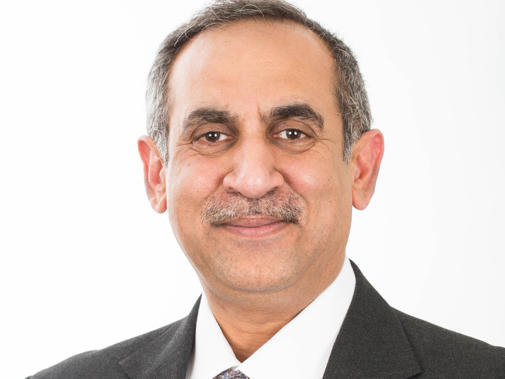As co-chair of the BMA Welsh FREE Forum (Forum for Racial Equality & Equity), I wanted to update on the work we’ve been doing to amplify the voices of our members from ethnic minority backgrounds and influence positive change in pursuit of race equality in the Welsh NHS and beyond.
Earlier this month, we had a successful meeting where we discussed how we can better support our members and further promote the work of the forum; increasing our visibility will mean we’ll hear from more voices, which can set the direction of our work.
You may remember we issued a survey back at the beginning of the year seeking the views of doctors in Wales about your experiences of race impacting treatment in the workplace, including raising complaints and being the subject of a complaint. The results show the following:
- 48% of respondents reported experiencing examples of unequal treatment of staff which they believe may have been related to race
- 43% have witnessed examples of unequal treatment of staff which they believe may have been related to race
- Of those who reported witnessing or experiencing discrimination in their current or previous roles, 80% said this had been on multiple occasions.
Despite such a high percentage of respondents reporting that they’ve experienced or witnessed unequal treatment, just 16% say that they have raised a complaint or formal grievance in their current role related to race.
Furthermore, 84% of those who said they had raised a complaint or formal grievance regarding any aspect of their employment, either in current or previous roles, said that the resolution was unsatisfactory. This could explain why individuals are reluctant to raise complaints, as they don’t feel they’re being handled reasonably.
This isn’t news to us but confirms what we’ve long known. Ethnic minority doctors are more than twice as likely to say that they experience bulling and harassment at work, twice as likely to be referred for disciplinary processes, and almost twice as likely to be fearful about speaking out regarding workplace concerns. This must change. It’s clear more needs to be done to ensure those from ethnic minority backgrounds are not subject to this treatment, and that they are supported in raising complaints if this behaviour does occur.
These results came from the Welsh survey findings, but we know from the interim results from the UK-wide survey that these themes are echoed across the UK. The full results from both surveys will be shared soon, with a set of recommendations on how to tackle some of the issues raised.
We’re looking forward to seeing the launch of the Welsh Government’s Race Equality Charter, which is expected soon, in particular the range of actions which will be directed at the Welsh NHS. The Forum has contributed to this work.
A new IMG affiliate BMA member scheme is currently in development and will seek to offer tailored support for IMG doctors. We’ll be sure to keep you updated on this scheme and how you can get involved.
We’re committed to fighting to improve the culture for ethnic minority doctors and to continue our calls for a system of freedom to speak up guardians in Wales, and we’re always ready to welcome new members who want to join us in this work.
Amol Pandit is a urologist at Swansea Bay University Health Board, co-chair of the BMA Welsh FREE forum and member of the BMA’s Welsh council.
Get involved
If you’d like to get involved – or simply pop along to one of our FREE forum meetings to see what it’s all about – contact Lucy Merredy

